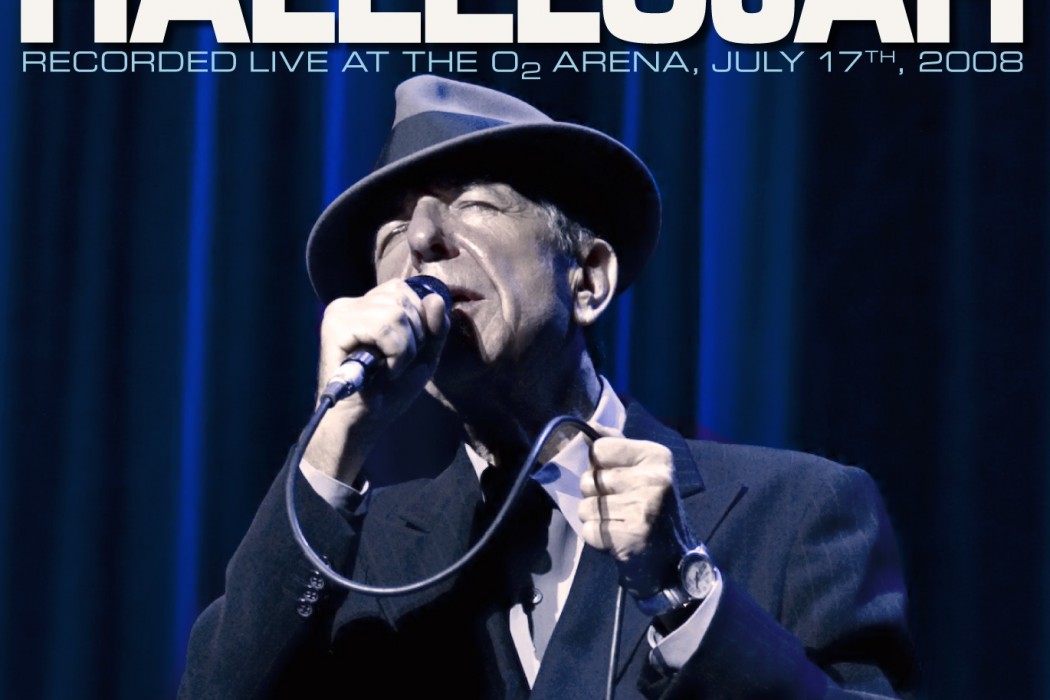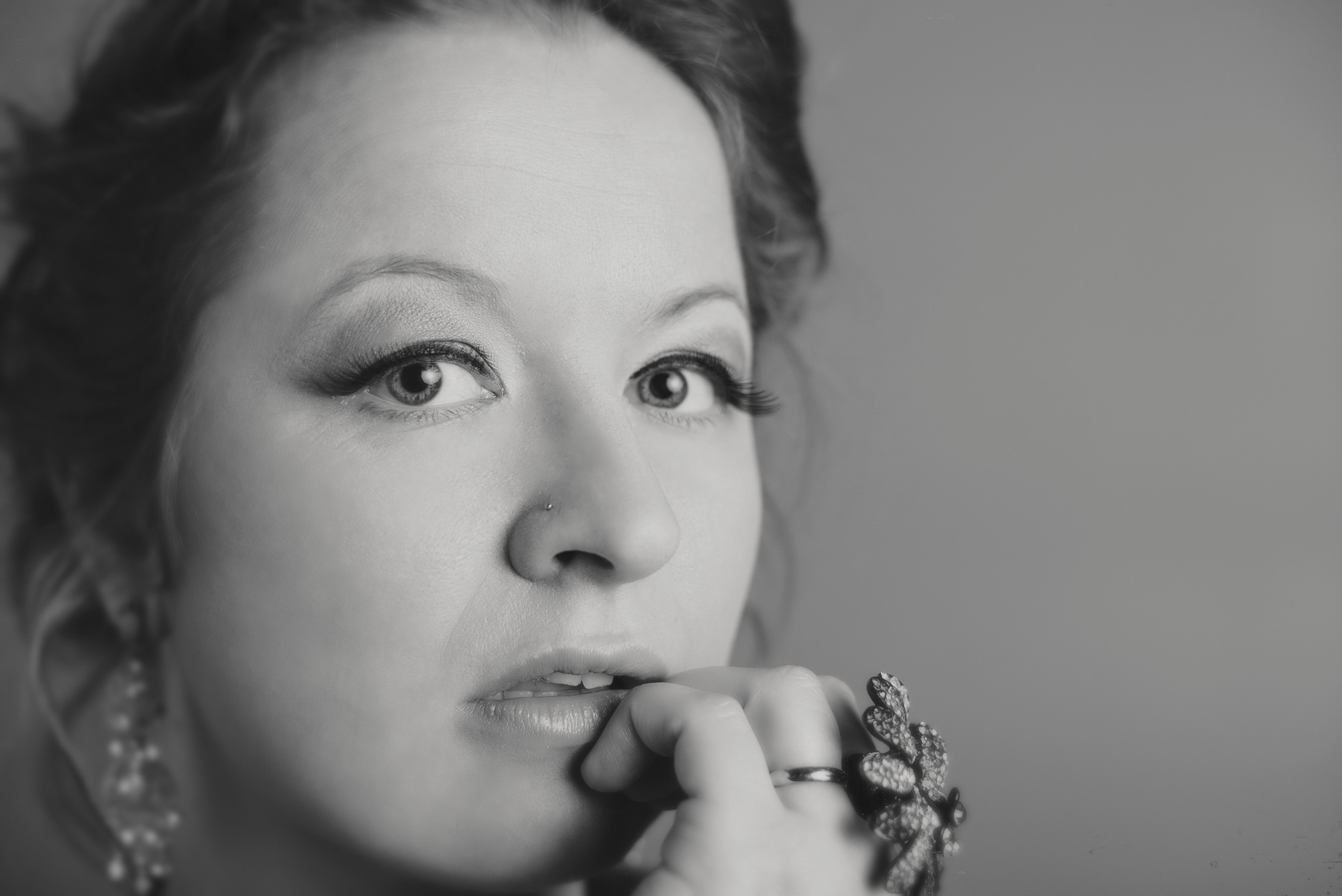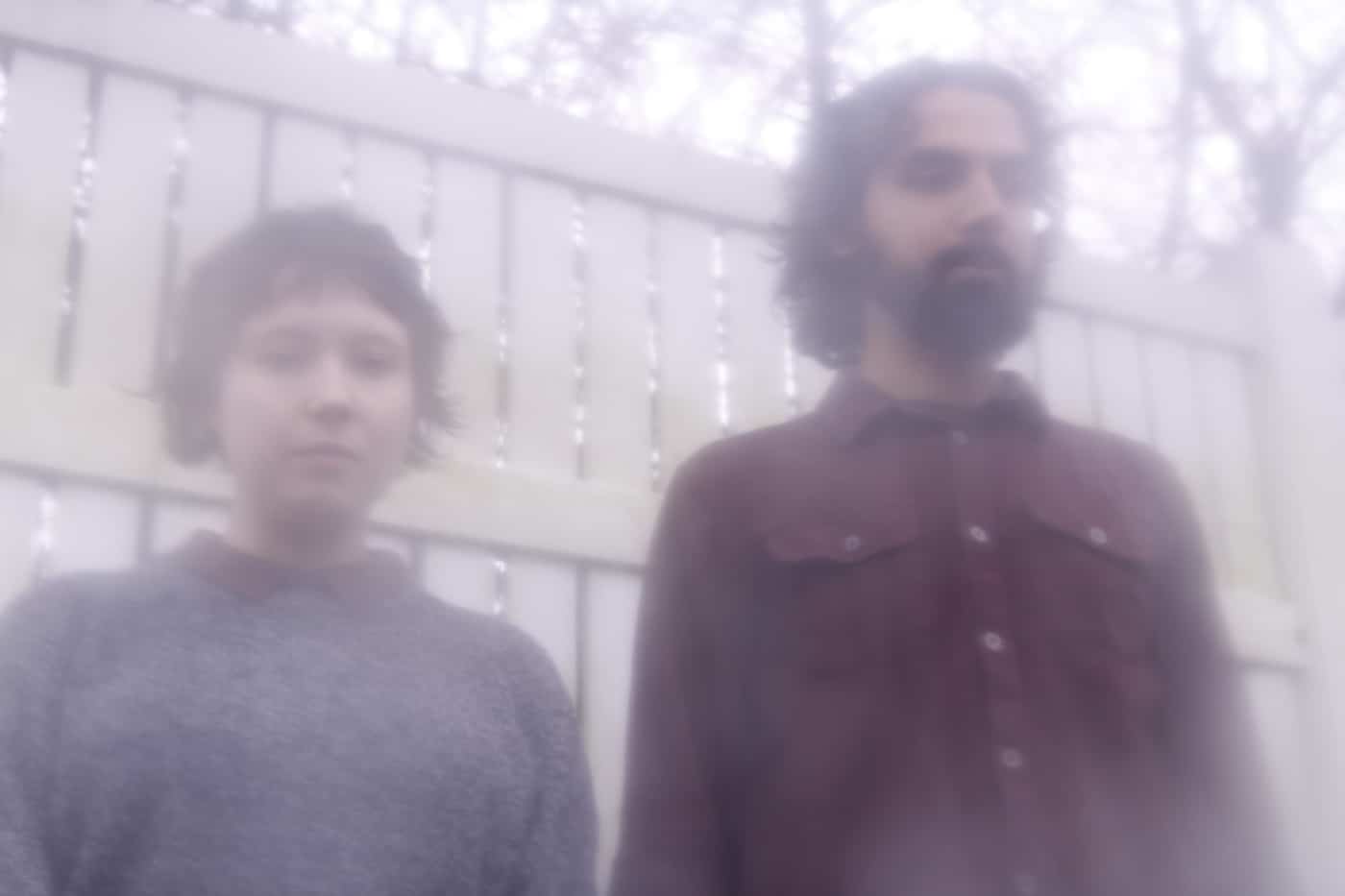Atwood Magazine is excited to announce Time Machine, a column in which we take a fresh look at older music. We believe that in order to appreciate the “music of today,” it’s important to have an understanding of what so many artists are inspired by, and what they listened to growing up. Having that knowledge not only makes it a lot more fulfilling when it comes to talking about music theory and deconstructing what these songs are really about, but it also lets music work its magic in connecting people across generations.
— —
There’s a few instances in which the original work of an artist is made more popular by other people. See “Hound Dog” by Elvis (originally by Big Mama Thornton), “Respect” by Aretha Franklin (originally by Otis Redding), or “Girls Just Want To Have Fun” by Cyndi Lauper (originally by Robert Hazard). Another song that fits into the category is Leonard Cohen’s “Hallelujah,” released first by Cohen in 1984 on his record Various Positions [Columbia/Passport, 1984]. “Hallelujah” has been covered by more artists than would be possible to count, but four covers really stand out: and that’s John Cale (1991), Jeff Buckley (1994), Rufus Wainwright (2001), and KD Lang (2004).
[youtube=https://youtu.be/YrLk4vdY28Q?t=0s]
The first two verses of both the original and the covers you’re probably more familiar with are the same. They set the tone of the song, diving both into biblical references, and strong romantic undercurrents. In fact, Cohen has got a bit of obfuscation going on in this song, since it’s hard to differentiate if he’s discussing religion, or a relationship. Kicking off the song:
Now I’ve heard there was a secret chord
That David played, and it pleased the Lord
But you don’t really care for music, do you?
Obviously, the reference to David and the Lord are pretty direct; Cohen believes that he could please his love (and the Lord?) if he can write a “correct” song. But he also realizes that his love (or the Lord?) doesn’t really appreciate music in the same way he does. Either way, he makes it clear that this song is written for someone else. Following it up, he breaks the song down a little big in this verse, as if to explain why it works to his lover (definitely not the Lord in this case):
It goes like this
The fourth, the fifth
The minor fall, the major lift
The baffled king composing Hallelujah.
This part has a bit of a bit of metonymy going on: since not only is Cohen clearly talking about music and the song’s structure itself; but it’s also a subtle reference to major biblical events. Minor fall? Recall Adam and Eve in the garden of Eden, falling from the “trust” of the Lord when taking a bite of an apple from the tempting snake/Lucifer. Major lift? Jesus rising from the grave at Mount Olive after dying for the sins of mankind. That’s enough to baffle anyone, let alone a king (which is also a word that’s used to refer to Jesus/God in Christianity). In some covers, the religious connotation is toned down a bit, and instead, the singer uses “battle king composing Hallelujah” instead.
[youtube=https://youtu.be/y8AWFf7EAc4?t=0s]
The second verse is also the same in the original as in many of the covers. The first few lines allude more to a physical person, specifically a woman:
Your faith was strong but you needed proof
You saw her bathing on the roof
Her beauty in the moonlight overthrew you.
First, the faith being referenced in the first line could be viewed as the faith in religion, but while looking at the rest of the verse, could also be the woman’s faith in the relationship. “Bathing on the roof” strikes up an image of vulnerability – and being exposed on a rooftop without walls and a ceiling providing privacy makes the vulnerability twofold. It’s also hard to discuss bathing in a biblical context without striking up the topic of baptism. So, these few lines could be deciphered as Cohen seeing the woman left in a spot of vulnerability, and that path led her to the path of God. Now that he’s in a rough place, maybe because his career isn’t going the way he wants it to or is generally feeling lost of with life (as many people are), he views her as a “born-again Christian who could help.” But, as displayed in the rest of the verse, she’s clearly just using him for something else — probably sex. “She tied you to a kitchen chair/She broke your throne, and she cut your hair/And from your lips she drew the Hallelujah.” Not only is a kitchen chair a metaphor for a mundane substitute for a throne (and if you love someone, they are like royalty to you… not to mention, he brings up the fact that she “broke your throne” in the next line), but the imagery used throughout the verse easily leads to assumptions of sex. To tie it all together, Cohen believes that love typically leads to more negative feelings than positive ones. Contrary to how popular culture tends to put love on a pedestal, and younger people see it as the end goal, in reality it can be the start to a very difficult journey. Love is heartbreaking because no matter what happens — even if you wind up in a very happy marriage, it all ends at some point. If that’s in divorce (which is more common than not, these days), or in death; either way, it’s more likely to put you in the situation of despair than thanking the forces that be for the situation. Cohen puts this simply in the end of the verse, as the woman in the story has broken him, and that’s what drew out his Hallelujah.
[youtube=https://youtu.be/xR0DKOGco_o?t=0s]
Sticking with the theme of Cohen’s original song, the third verse is more heavily embedded with the religious influence.
You say I took the name in vain
I don’t even know the name
But if I did, well really, what’s it to you?
One of the Ten Commandments is to not use the Lord’s name in vain, and to some people (Orthodox Jews in particular), simply by using the word “Hallelujah” outside of prayer is saying the Lord’s name in vain. Cohen realizes that they’ll interpret it the wrong way, and this is his response; saying “Why can’t I use God’s name? I don’t even know who he is. Why do you care?” The rest of the verse,
There’s a blaze of light
In every word
It doesn’t matter which you heard
The holy or the broken Hallelujah
is almost a retort to the backlash he might have been expecting with this song. As noted in an interview from 1985, Cohen states, “All the perfect and broken Hallelujahs have an equal value. it’s a desire to affirm my faith in live, not in some formal religious way but with enthusiasm, with emotion.” Even though he had to get broken down to reach this place of enlightenment, he got there anyway. Even if it did come from a “broken Hallelujah.”
Cohen’s final original verse solidifies his found-faith and the confirms the end of the relationship.
I did my best, it wasn’t much
I couldn’t feel, so I tried to touch
I told the truth, I didn’t come to fool you
And even though
It all went wrong
I’ll stand before the Lord of Song
With nothing on my tongue
but Hallelujah
While admitting his frailty as a man, he’s also realizing he wasn’t getting what he needed/should have been getting out of the abusive relationship anymore, and shook it off in search of God. So now, he’s returned to confess; ending the song on a hopeful note. Although he didn’t find what he was looking for romantically, he found a way to God anyway in the end. No matter how broken the Hallelujah was at first. This verse in particular was given more weight during Kate McKinnon’s Saturday Night Live cover, while McKinnon was portraying Hillary Clinton after the 2016 Presidential Election. Embodying the two-year fight Clinton put up, including rebuttals to the Republican campaign which portrayed her as a power-hungry woman who was untrusted (an inaccurate representation), when in the end all she wanted to do was help people out.
[youtube=https://youtu.be/P_NpxTWbovE?t=0s]
In the covers done by Cale, Buckley, and Wainwright, there’s five verses. The verses found in those takes have less of a religious undertone to them, and focus more on the relationship. Including a verse about being familiar with the end of a romantic relationship, a verse about the lack of sex/what that really means in a relationship, and ending with a verse about how difficult it is to come to terms with the end of having a connection so deep and spiritual with someone. What’s interesting to note is that it’s not like these artists went and wrote new lyrics; these verses were among the 15 pages Cohen sent Cale when he requested the lyrics to cover the song. Cale simply “picked out the cheeky ones” and ran with it. But maybe that’s also symbolic — Cohen’s version didn’t get picked up and reach as high into the charts as the other versions we’re more familiar with. Perhaps it’s because the undercurrent was so religious in Cohen’s version; but it could be as surface-level as the fact that Cale, Buckley, Wainwright, and lang hit the ear a little more smoothly. Either way, “Hallelujah” is a song that seems to crop up frequently in times of heartbreak, and is still entirely relevant even after thirty years.
[youtube=https://youtu.be/vEOZLQ3d1FI?t=0s]








